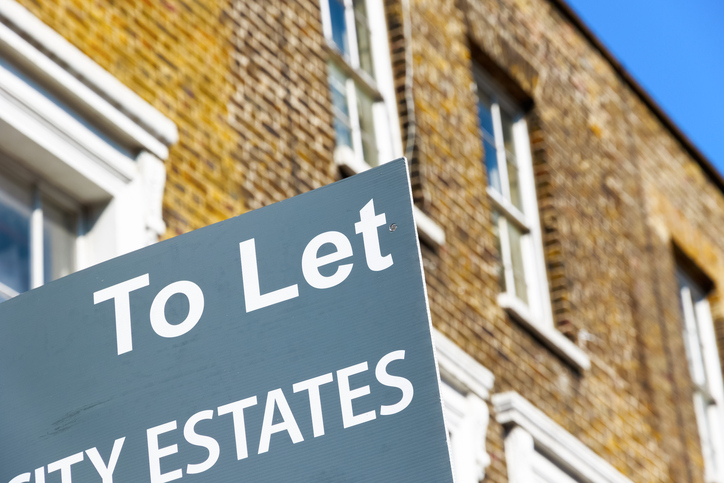For a number of years now, many of those working in the leasehold and private rentals sector have been calling for increased regulation. And finally it seems the people in charge are listening. Communities Secretary Sajid Javid recently announced that the Government is considering creating a new independent regulatory body to handle leasehold and private rented management and letting agents.
Though it’s yet to be fully outlined, it’s thought the new regulatory body will be charged with addressing the main issues facing the sector, namely affordability, transparency and standards. By protecting consumers from unfair costs, making relations between freeholders and agents fair and open and ensuring standards across the industry are consistently high, it’s hoped the regulatory body will make leasehold and private rented management better for everyone and ensure consumer rights are protected.
Industry calls for increased regulation
Leading figures within the leasehold and private rented management industry have been calling for greater regulation of the housing sector for years. Over-inflated fees, poor management and rogue agents have long been damaging the industry’s reputation. Organisations like the Letting Industry Council, the National Approved Lettings Scheme (NALS) and ARLA want regulation improved to weed out these bad apples and ensure consumer rights are protected across the board.
According to Isobel Thomson, chief executive of NALS, 72% of respondents to a recent consultation on a letting fee ban called for broader regulation within the industry. Several major lettings agents including Your Move, Reeds Rains and Rendall & Rittner also welcomed the proposed initiative, showing that there is a real need for improved regulation in the area.
Making fees fair and improving standards
According to Sajid Javid, there are over 4.2 million leasehold homes across the country. The combined service charges on these properties can climb as high as £2.5bn – £3.5bn per year. Although many costs are of course justified, many leaseholders and industry bodies believe these charges are often inflated. In many cases, these increased costs are passed onto tenants, something that affects up to 4.5 million people living in rented accommodation.
As part of the initiative, the Government is also looking at ways to increase transparency in the sector. The new regulatory body could force agents to explain exactly what services they’re charging for and why. It could also put additional power into the hands of consumers by giving leaseholders more of a say over their agent.
Deposit Safety Schemes
The proposed regulatory body is in line with other government back schemes such as the tenancy protection deposit scheme (TDP). The scheme successfully protects both the landlord and the tenant and it launched all the way back in 2007. The scheme meant that the landlord had to return a deposit deposit within 10 days of both parties agreeing how on much the tenant got back. If there was any dispute, the deposit was then protected in the TDP scheme until the issue is resolved.
Unsurprisingly, a large proportion of those disputes were due to the property not being in a clean and fit state. Professional end of tenancy cleans are always recommended in these situations to ensure the dispute is resolved quickly.
Increase in the number of leasehold properties
Over the past 20 years, the number of leasehold properties in the UK has risen sharply. In 1996, just 22% of new build homes were sold as leasehold. This has now increased to 43%, trapping millions more owners into paying annual fees and ground rent. In London, nine out of every ten new build homes are now sold as leasehold. This means that the issue of leasehold rentals is likely to affect even more people in the future, especially with ground rents on some new build homes going up faster than ever.
Although the industry has done a reasonable job of regulating itself, there are still a number of areas of serious concern that need to be addressed. By introducing a new industry body to regulate fees, management practices and standards, the Government hopes to make the housing sector fairer, more transparent and more affordable for everyone.



 Bitcoin
Bitcoin  Ethereum
Ethereum  Tether
Tether  XRP
XRP  USDC
USDC  Solana
Solana  Cardano
Cardano  TRON
TRON  Lido Staked Ether
Lido Staked Ether  Toncoin
Toncoin  Avalanche
Avalanche